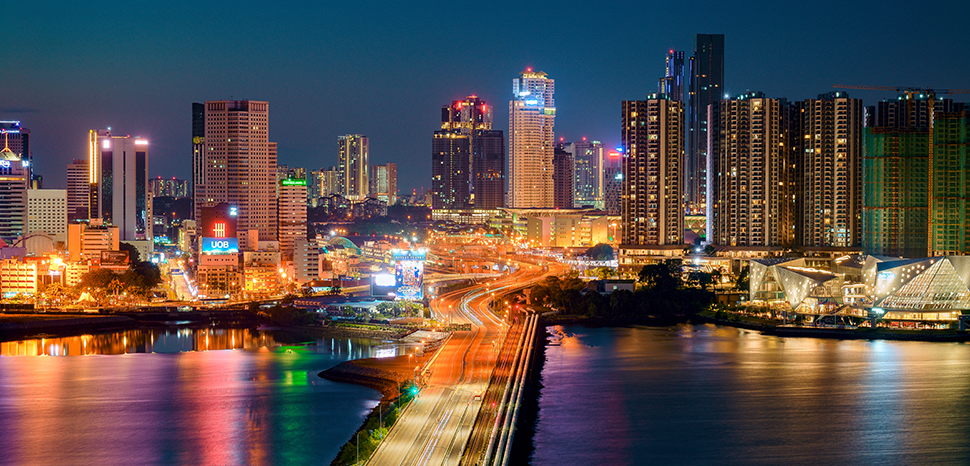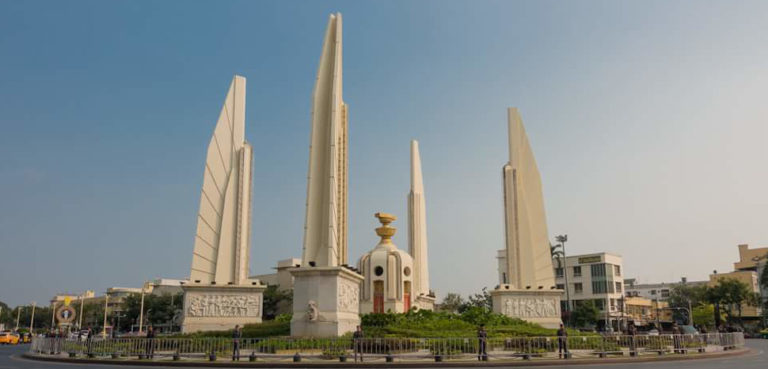On 21 August, Ismail Sabri Yaakob was inaugurated as Malaysia’s ninth prime minister, replacing Muhyiddin Yassin, who had resigned just days earlier having lost his parliamentary majority amid rising public discontent over his handling of the COVID-19 pandemic. Ismail was appointed by King Sultan Abdullah Ahmad Shah, having secured majority support from 114 of 222 lawmakers in parliament, restoring to power the Perikatan Nasional coalition that had been led by Muhyiddin.
Ismail’s ascent made him the first premier to come from the United Malays National Organisation (UMNO) since the party was ousted from power after the 2018 election under Najib Razak, whose lengthy stint in office was tainted by the 1MDB financial scandal. UMNO, which had ruled Malaysia since independence from Britain in 1957, was defeated in those polls by a reformist alliance led by veteran Mahathir Mohamad. Mahathir’s coalition collapsed within two years after losing support.
All of that thrust Muhyiddin, of the Bersatu party, into the premiership. He was appointed in the same way as the latest incumbent, Ismail, after cobbling together a coalition with the UMNO last March, just as COVID-19 was taking-off. The pandemic came to dominate his administration, with the economy contracting by 5.6% in 2020 amid repeat lockdowns. Political divides worsened, and infighting led him to suffer the same fate as Mahathir. Ismail now inherits these same problems.
Ismail: Muhyiddin 2.0?
The new government was met with initial skepticism from the opposition Pakatan Harapan bloc led by Mahathir’s one-time protégé, Anwar Ibrahim, president of the Parti Keadilan Rakyat (PKR). Ismail faced accusations that he had revived the resigned Muhyiddin alliance, in which he served as deputy prime minister up until August, albeit with the UMNO now in a more dominant role over Bersatu. His cabinet contains few new faces, with Zafrul Abdul Aziz retained as finance minister, and familiar duo Hishammuddin Hussein and Saifuddin Abdullah assigned to head the defence and foreign ministries.
In a televised address after taking office, however, Ismail indicated he would do things differently, vowing to “stem the grab for political power” and end the “political crisis” that had “caused unrest” in the country. While he has defended his cabinet picks as being dictated by a need for stability and experience, Ismail has promised ‘‘a new approach that is more open’’ to regain public trust. And at least for now, Muhyiddin has lent support to his former deputy and kept Bersatu in the coalition.


![U.S. Secretary of State Michael R. Pompeo participates in the ASEAN Regional Forum Ministerial in Bangkok, Thailand, on August 2, 2019. [State Department Photo by Ron Przysucha/ Public Domain], cc Flickr U.S. Department of State, modified, http://www.usa.gov/copyright.shtml U.S. Secretary of State Michael R. Pompeo participates in the ASEAN Regional Forum Ministerial in Bangkok, Thailand, on August 2, 2019. [State Department Photo by Ron Przysucha/ Public Domain], cc Flickr U.S. Department of State, modified, http://www.usa.gov/copyright.shtml](https://www.geopoliticalmonitor.com/wp-content/uploads/2020/07/ASEAN2019-768x369.jpg)

